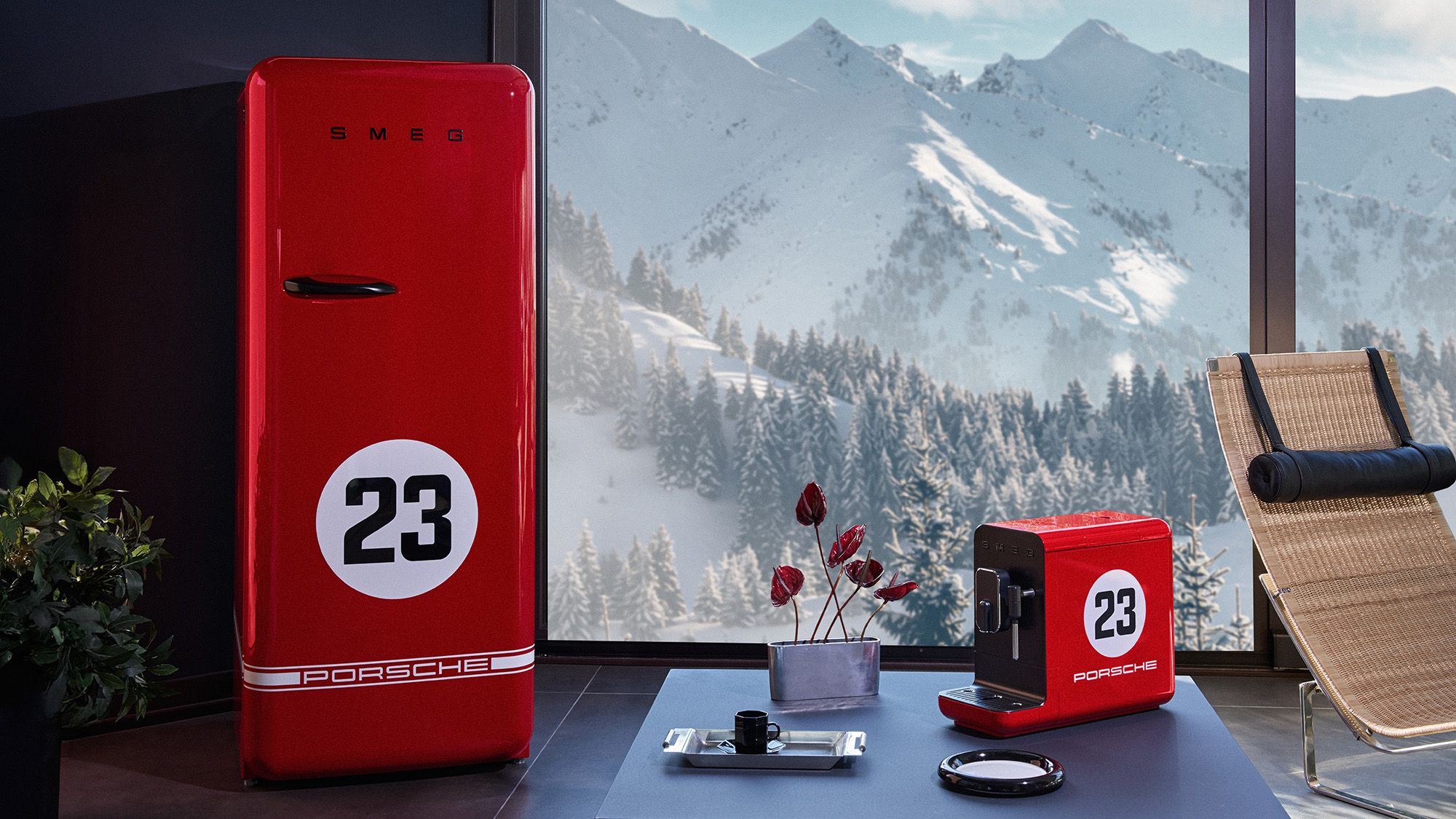Is buying a second-hand mattress safe? No, and here's why
Buying a second-hand mattress might save you money, but it comes with big risks
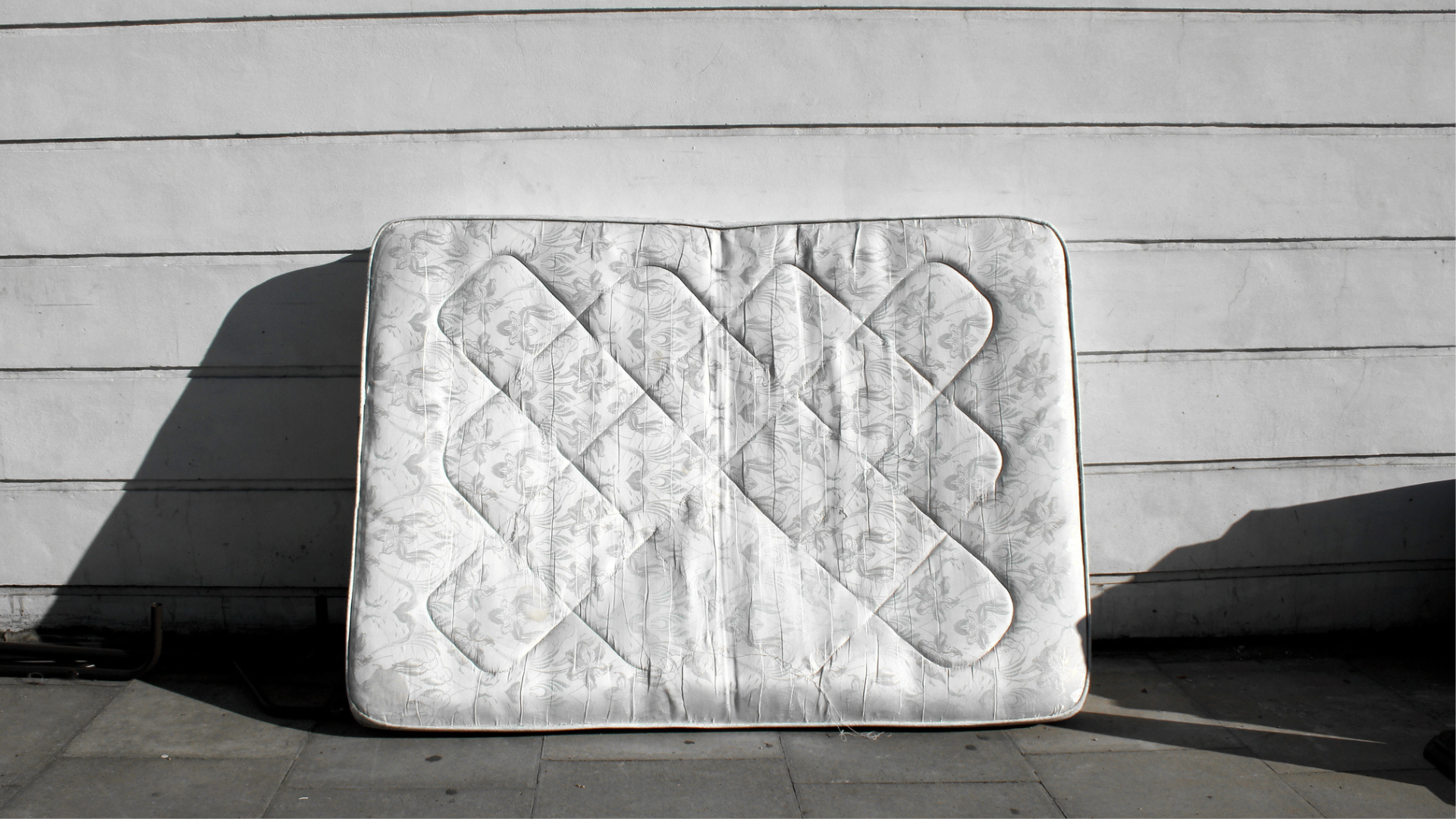
Whether you’re strapped for cash or just don’t want to spend your money on a mattress, buying second-hand may seem like an attractive option. Some people are repulsed by the idea, others see it as a good money-saving trick. But is it safe?
Unlike when you’re buying one of this year’s best mattresses for all sleepers, second-hand purchases won’t include warranties, sleep trials, and free returns. This means once you’ve spent your hard-earned money, you’re not getting it back, even if the mattress is incredibly uncomfortable.
Aside from this, there’s the risk of bed bugs and dust mites, as well as potential bodily fluids, dead skin, and even remnants of food and drink. Here, we look at why buying a used mattress isn't safe – and offer some alternatives to purchasing second-hand.
Is buying a second-hand mattress safe?
There are several risks associated with purchasing a second-hand mattress, which we’ll detail in a moment. In general, we would not recommend buying a used mattress because it isn't safe for your home or your sleep health.
From unhygienic surfaces to introducing infestations to your home, it's best to avoid used mattresses. A second-hand mattress won't come with a warranty, either. Purchasing directly from a manufacturer will eliminate these risks and be a better investment of your money.
Is selling a second-hand mattress even legal?
In some states, it's illegal for a retailer to sell a second-hand mattress, although it may be legal for individuals to sell and purchase one. In other areas of the country, it's legal provided the proper guidelines are met. In North Carolina, for example, it’s legal to sell a used mattress as long as it’s been sanitized and meets certain safety standards.
Other states require a mattress to be in a certain condition before reselling and/or have the condition of the mattress clearly labeled. Meanwhile, in Kansas, it’s completely illegal to sell a used mattress, although some second-hand retailers may work around this by including one with a bed frame and labeling it an 'accessory.'
Before buying a second-hand mattress, check your state’s health department to see what the regulations are to ensure you’re not purchasing from an illegal seller.
The risks of buying a second-hand mattress
While those looking for a good bargain might be tempted to shop for a second-hand mattress, there are risks worth knowing about before purchasing...
Get instant access to breaking news, the hottest reviews, great deals and helpful tips.
1. You could bring bed bugs into your home
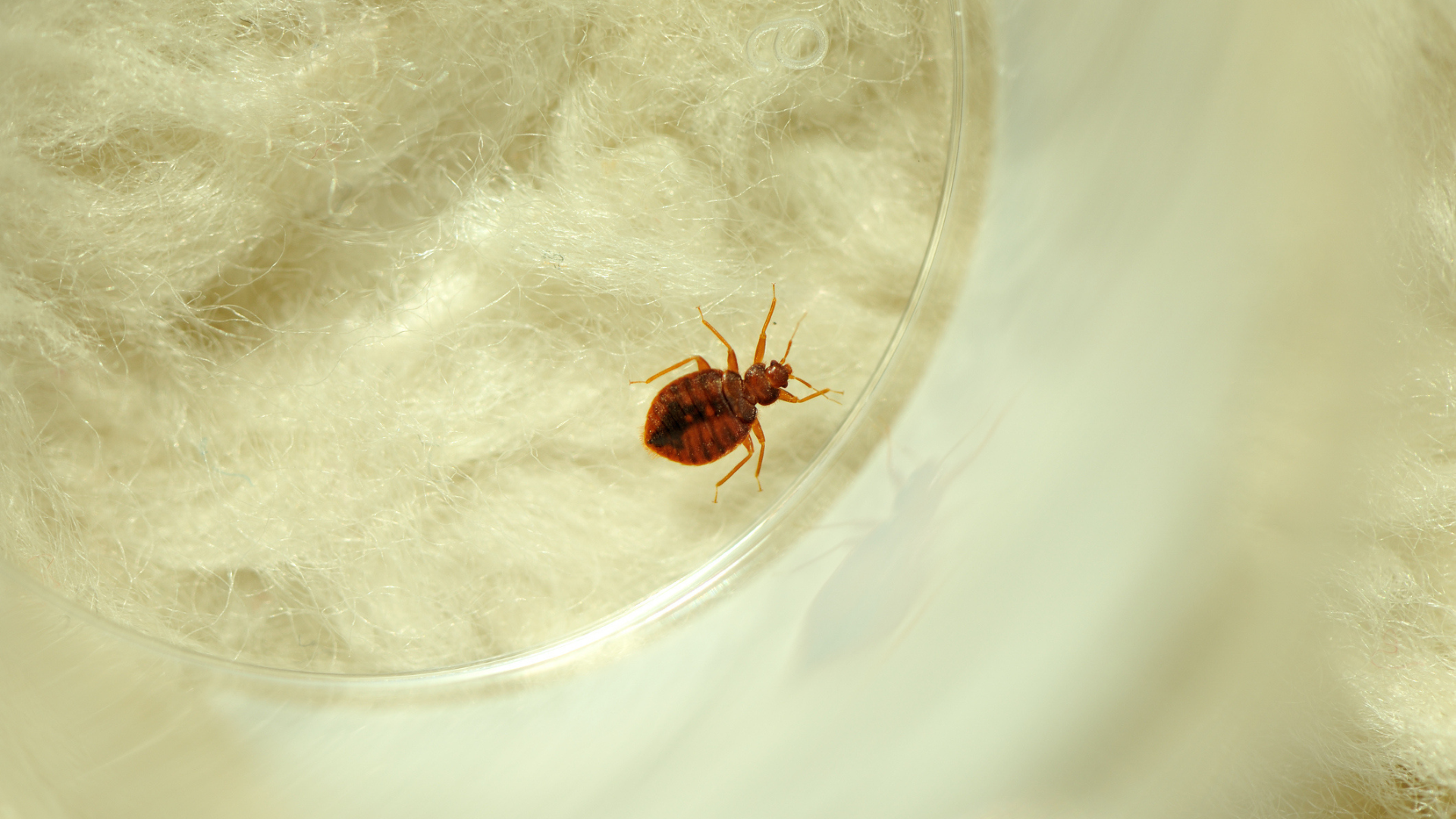
Alongside mattresses absorbing sweat, bodily fluids, dead skin, and spills, mattresses make the perfect breeding ground for bed bugs.
Because bed bugs will likely live inside the mattress, rather than on the surface, it can be difficult to tell for certain whether the mattress is infested or not.
This is especially common if there are tears or holes in the cover of the mattress. And once you realize, it may already be too late as these critters can spread through a home very quickly.
2. There’s no warranty or trial period
With reputable mattress brands, like Saatva, Purple, and Tempur-Pedic, you can expect a generous mattress trial with every purchase to ensure you’re happy with your new mattress. Similarly, as mattresses are a significant investment, you’ll get a warranty that usually covers any repairs and replacements for between 10 years and a lifetime.
Buying second-hand means you won’t be covered at all, and even some used mattresses can still cost a lot. This means if you notice any damage or defects after purchasing, you won’t be entitled to a repair.
Also, it takes 30 days for your body to get accustomed to a new sleeping surface, so if after a month you’re still waking with back pain, sore joints, and fatigue you won’t be able to return your mattress and get your money back.
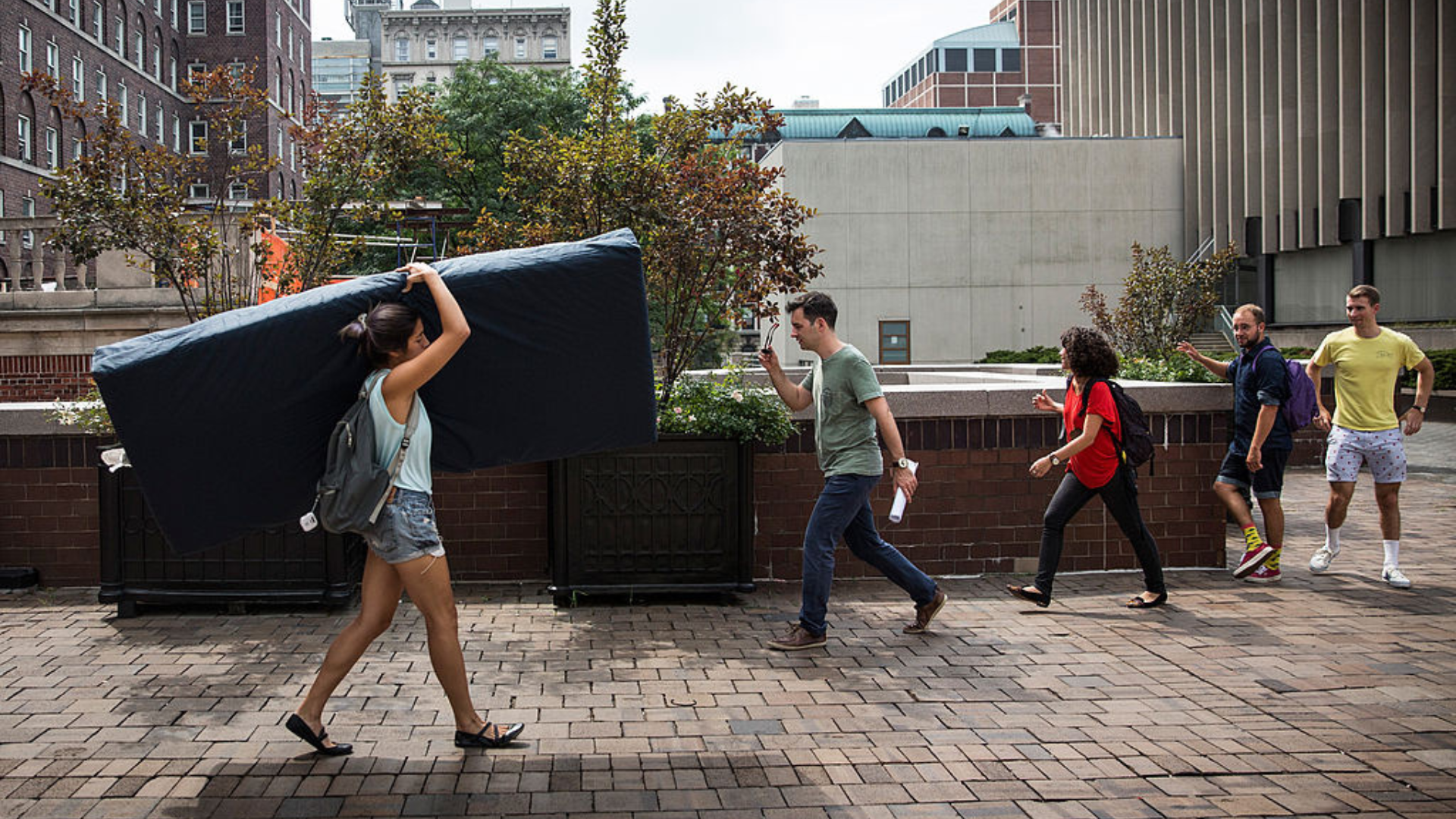
3. You could buy from an illegal seller
Some people and even shops may be selling illegal second-hand mattresses, including stolen mattresses. Purchasing items like this can often be a scam, and your money may go to waste if your mattress is identified as a stolen item and reclaimed.
If you're purchasing from an individual, this risk increases and it can be very difficult to spot whether a seller is legit or not. Laws regarding the sale of second-mattresses vary by state, as well.
4. The mattress could be poor quality or damaged
Without time to properly test the mattress or proof that it’s been certified as a safe mattress, the product itself may be poor quality or damaged.
This isn’t only a disappointment and a waste of money, but it can also be dangerous. For example, if the materials used aren’t certified as flame-resistant, you could have a potentially life-threatening piece of furniture.
Similarly, certain foams used in mattresses may be toxic. While the vast majority are rigorously tested to ensure they’re safe, there will be no proof when buying second-hand.
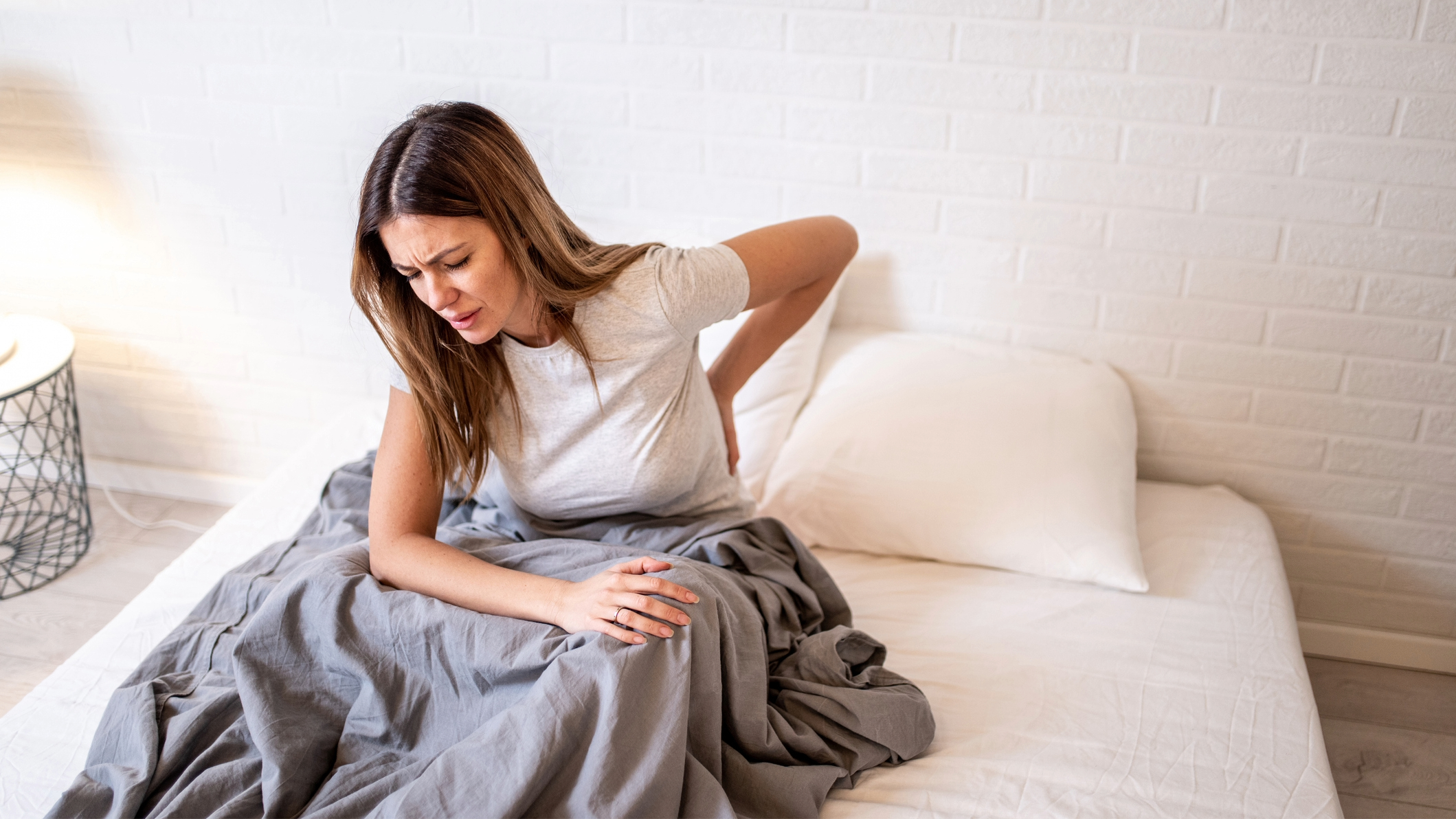
Are there benefits of buying a second-hand mattress?
While the risks greatly outweigh the benefits, there are some occasions when buying a second-hand mattress may work well. For example, you can usually trust a friend or family member who’s getting rid of a mattress, and this can be a great opportunity to get a mattress you otherwise wouldn’t be able to afford.
If you’ve got a small budget and are in desperate need of a new mattress, then second-hand options can help you get the best value for your money. If you know what to look out for, then you can reduce the risk.
Ensure you are certain of your sleep needs, the type of mattress you benefit from, and the obvious signs of wear & tear, damage, and infestations.
Alternatives to buying a second-hand mattress we’d recommend
We’d never advise anyone to buy a second-hand mattress because of the potential risks and dangers. Instead, here are some alternatives.
1. Buying a new, cheap mattress
Some of this year’s best cheap mattresses are great options that don't compromise support, comfort, and even a luxury feel. For example, the Siena Memory Foam mattress is our top-rated budget mattress, and it starts from just $199.
Many reputable mattress brands like Siena will offer entry-level mattresses aimed at lower budgets, with plenty of options under $500 for a queen size.
The benefit of buying from these brands is that you can rest assured knowing the build and materials are going to be high quality, and you’ll get the generous perks they offer like free shipping and returns, sleep trials, and warranties.
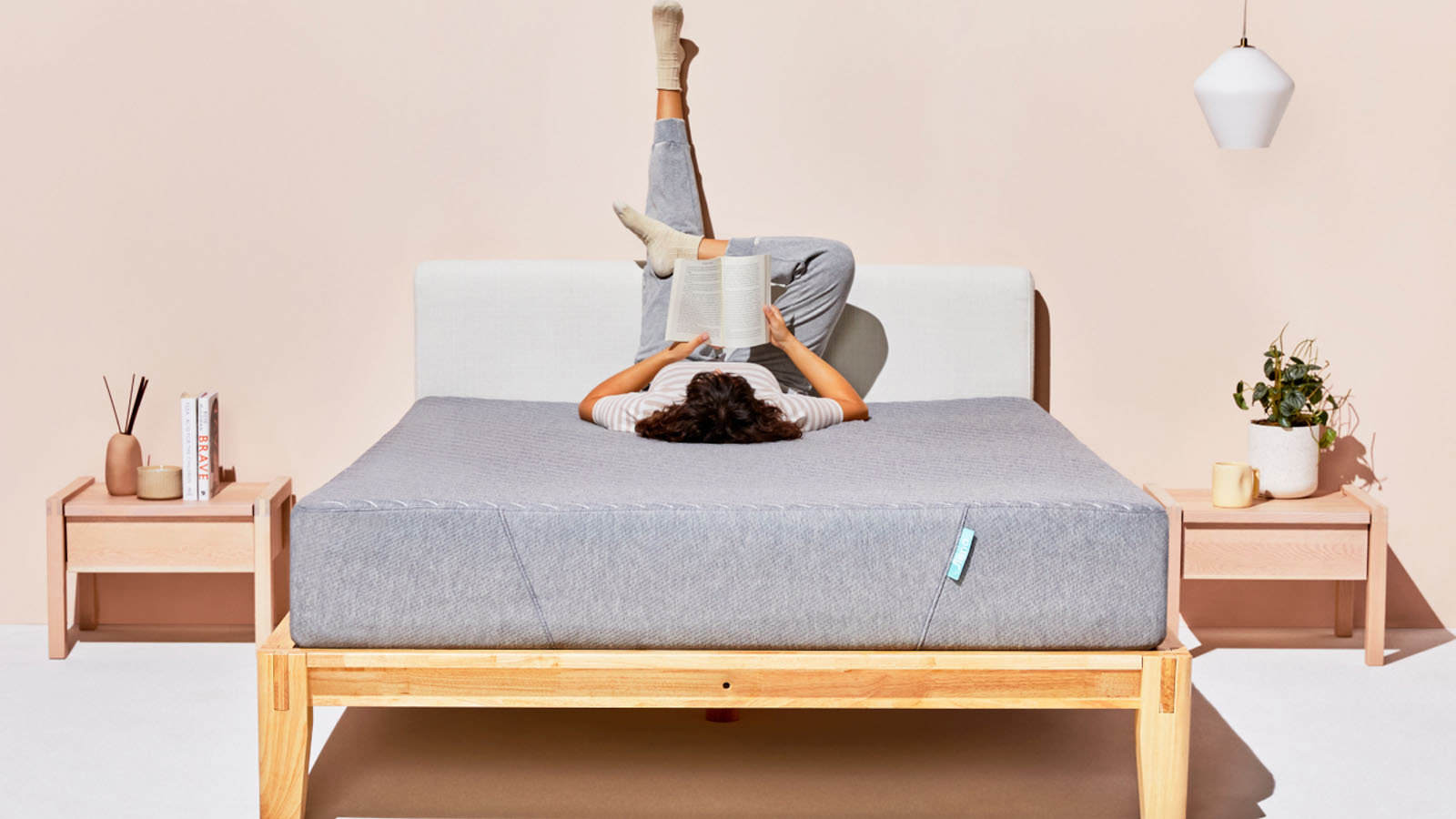
2. Opting for a mattress topper
If you want to refresh your bed but can’t quite afford the right mattress yet, a mattress topper can make all the difference. These are often made from foam and designed not only to cushion your body but also to add pressure relief, which can help alleviate any aches and pains you’re experiencing.
They can range anywhere from $50 to $500, but you don’t have to spend a fortune to get a luxury-feeling topper. You can browse through our best mattress topper guide to find the right choice for you that suits your sleep needs and budget.
3. Increasing your budget
While it’s not always possible, increasing your budget can be a good idea when it comes to shopping for your next mattress.
Budget mattresses, especially second-hand mattresses, will not last long and will likely need repairs or even replacement fairly soon after purchase, costing you more money in the long run.
However, if you can stretch your budget slightly, you could buy a mattress that will last you double the amount of time, or even a lifetime, saving you money in the end. Timing your purchase around major shopping events can help maximize your savings, too.

Lauren is an experienced writer and editor in the health and lifestyle industry and has led many campaigns and projects that deliver news, advice, and research on all things sleep. As the Sleep Features Editor for Tom’s Guide, Lauren writes, commissions and edits sleep and mattress content, from in-depth how-tos in sleep and mattress health to interviews with doctors and neuroscientists on the latest news in sleep. Lauren regularly tests new sleep tech and accessories to evaluate their effectiveness for getting good quality sleep and easing specific sleep struggles like nighttime anxiety. Alongside this, Lauren reports on the best mattress brands out there, like Helix, Saatva, and DreamCloud, helping readers find the right mattress for them and the best deals on them.
